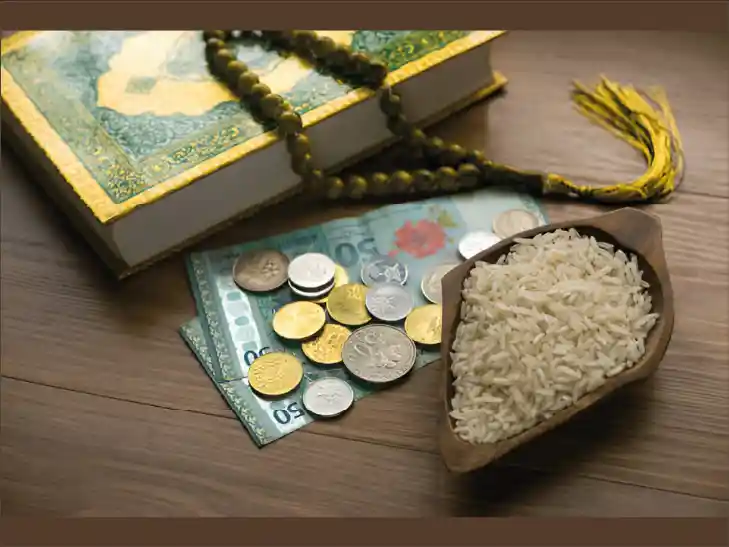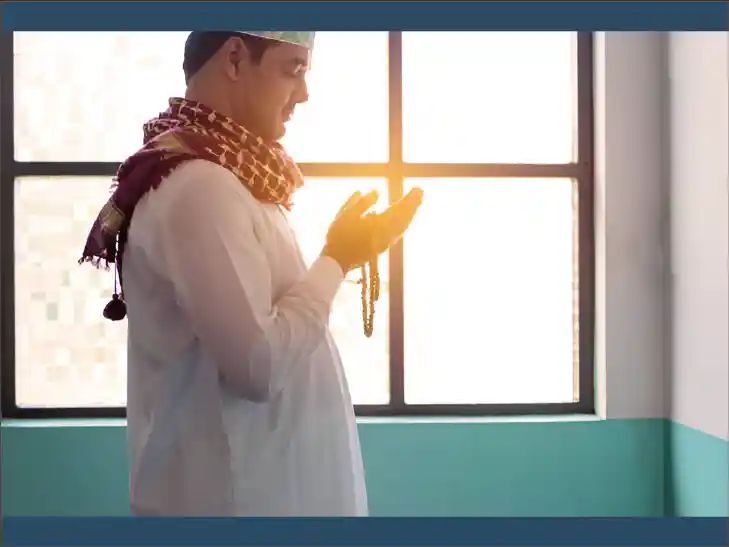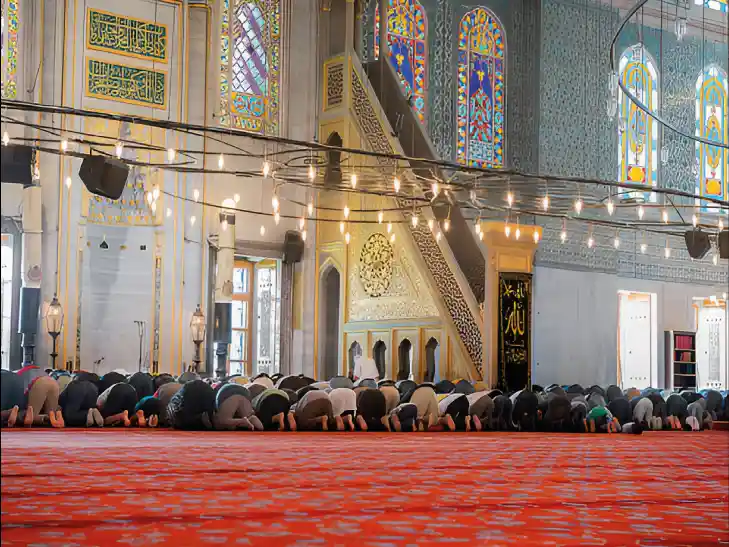The Middle East covers 85% of the Muslim population, and everyone is curious about how does Islam impact the culture of the Middle East? Whether in terms of law, politics, education, social changes, or economics, Islam has a great impact on everything.
Culture and Islam: The Basic Principles
Islam is a religion that is based on the Quran and hadith from the Prophet (P.B.U.H). Some practices that are common to all Muslim sects in the Middle East include:
- Shahada: To declare your faith in one God (Allah)
- Salat: Offer prayer five times a day
- Saum: Fasting, especially during Ramadan
- Zakat: Giving 2.5% of one’s income to those in need
- Haj: Pilgrimage to Mecca once in a lifetime during the month of Hajj
Cultural Impact of Islam on Arabs During Prophet (P.B.U.H) Time
We are starting from the time when Islam became popular and how it impacted the culture, after that we will take you towards the modern era.
During the prophet Muhammad’s (P.B.U.H) time, the people lived in tribes and clans. They (P.B.U.H) gave a new dimension to Arab culture with the help of Islam.
1) Pre-Islamic Practices & Islamic Laws
Non-Muslims at that time mostly killed the newly born girls. Besides this, they are mostly involved in long blood feuds(A lengthy conflict between 2 groups which leads to multiple killings). Islam shows them justice, equality, and not to murder innocents. Furthermore, the Quran also condemned infanticide (killing baby girls) (Quran 81:8-9).
2) Economic Changes
Pre-Islamic Arabia had a growing trade culture but also a history of usury (unreasonably high interest rates). Islam ended this by banning usury (riba), and encouraged fair trade, charity (Zakat), and economic justice.
3) Gender Roles and Rights
In old times, women’s rights were limited, and people mostly used them as property. But it is Islam who granted women various rights. These include the right to inheritance, education, and consent in marriage.
Impact of Islam On Middle East Culture In the Modern Era
Let’s look at how does Islam impact the culture of the Middle East in the 21st century.
1) Economic Systems
Islamic banking and finance contribute more to the region’s economic systems. Research estimates the Middle East Islamic finance market is worth USD 2 trillion in 2024 and will rise to USD 2.57 trillion by 2029. Furthermore, Zakat and other forms of charity are added in many Middle Eastern societies that show the Islamic social justice principles.
2) Sharia-Inspired Legislation
Did you know that 74% of people in the Middle East want sharia as their official law? This means that there is a growing demand for Sharia-inspired law and Islamic banking in Middle Eastern countries. According to the 2023 State of Global Islamic Economy report, total Sharia-compliant assets will grow to $5.95 trillion by 2026.
3) Impact on Muslim Population Growth
The Middle East is 85 percent covered with Muslims, and it is also reported that the population of this region is increasing by 2 percent per year. A survey shows that the Muslim population in the Middle East and North Africa is expected to grow by more than a third reaching 439.5 million at the end of 2030.
4) Education
Islamic and Quranic studies are a part of the curriculum in many Middle Eastern countries. However, there’s an ongoing effort to balance religious education with modern scientific and technical education.
The impact of this effort is currently showing in terms of many well-known scholars, preachers, and motivational speakers. But how? They are the ones who are running businesses and accomplishing well in their professional field, but doing dawa side by side.
Not only Muslims in the Gulf but many non-believers listen to them to manage difficult situations in life. As they provide logics and link them with all areas of life.
NOTE: That’s how does Islam impact the culture of the Middle East In the 21st century. One thing that differentiate between true believers and practicing muslims is that they are totally against Shirk. So you can also have a better idea about shirk in islam, this will give you a clear picture regarding culture and norms, and principles of Muslims, and few things they never compromise on.
Shi’a-Sunni Conflicts and their Impact on Middle Eastern Culture
The Shi’a-Sunni conflict is a disagreement between two groups of Muslims that started a long time ago. Today, People in different Middle Eastern countries may not trust each other and sometimes fight because they have different concepts.
That’s the reason it is hard for everyone to live peacefully and work together in countries like (Iran, Iraq, and Yemen).
Due to the Shi’a-Sunni conflict, many Middle Eastern countries are facing war. The Sunni group (Saudi Arabia), and Shi’a group (Iran) are against each other in the current scenario. Moreover, there is also a great impact on trade between Sunni and Shia countries in the Middle East.
Understood How does Islam impact the culture of the Middle East?
You have now understood how does Islam impacts the culture of the Middle East? Well, it shapes their politics, educational concepts, and economic systems.




